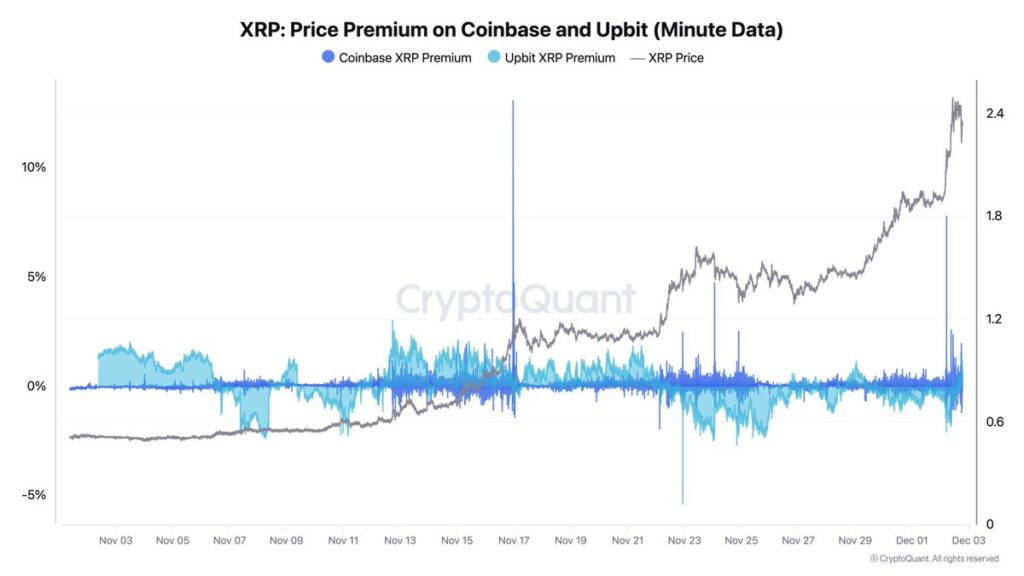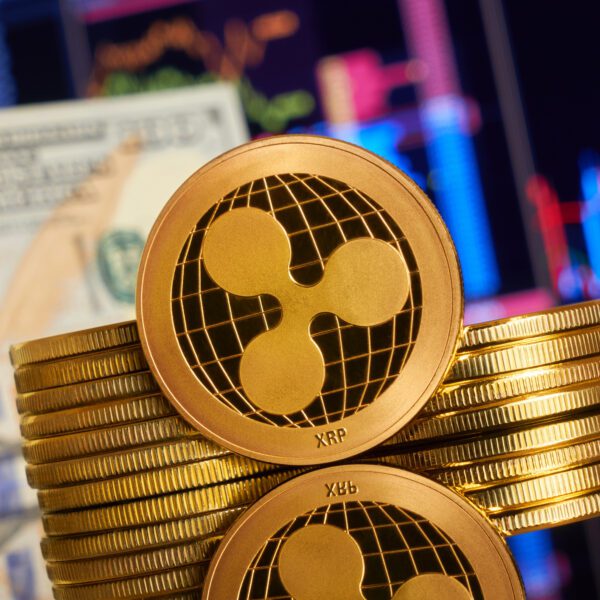Financial markets work at their own pace: it’s not just a
nice phrase; it’s a reality. For example, over the past two years, there have
been many reasons for a market crash, but optimism has persisted.
And it still holds to this day, despite pundits claiming
that the S&P 500 is
“overbought.” The situation in Europe is quite similar: despite
the challenges, the DAX has set an all-time high again.
As to why market behavior should be different, the
fundamental picture could be more promising. In Germany, for example, consumer
confidence is undermined by the offshoring of production abroad.
Since 2019, the country has lost around 20% of its
industrial growth potential due to poor strategic decisions, such as the
closure of nuclear power plants and over-reliance on export-led growth.
Meanwhile, in France, the issues are not so much economic,
although there are problems such as a massive budget deficit, but rather one of
political instability, which could even be considered a crisis.
The French government is facing a motion of censure, which
could happen as early as Wednesday. Potentially, Barnier’s government could
fall by the end of the week.
As a result, the risk premium on French government bonds has
reached a 12-year high. However, the EURUSD currency pair,
like the market in general, does not yet seem to be considering these negative
developments too much.
The French CAC 40 index has only fallen by 1.8% in the last
month, clearly undervalued compared to the DAX, which has risen by more than
3.8%. Even so, there are no signs of panic. The problems do not end
there.
The EU is once again facing the threat of an energy crisis
after the US imposed sanctions on Gazprombank, making it difficult, if not
impossible, to purchase gas from Russia, which remains one of its key
suppliers.
As expected, natural gas futures in Europe have soared.
Unless a solution to the crisis is found before December 20, the price
escalation may continue, posing a risk to households and businesses.
The cold winter forecast further complicates the situation,
which will drive up gas consumption. In short, another perfect storm brewing
could hit the EU economy hard.
To make matters worse, the bloc is still grappling with
geopolitical crises within its borders, and now Trump is
threatening new tariffs. However, despite all this, markets don’t seem too
worried.
As to why there is so much indifference, it is likely due to
the general “risk-on” sentiment. In other words, if a correction
begins in the US, European markets will likely follow suit.















